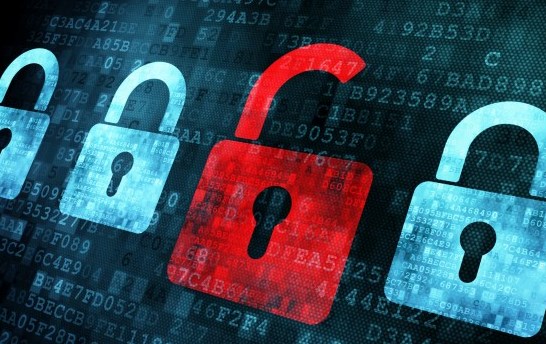Blog

Cyber Breaches: What They Are, and How to Avoid Them
Business owners can now create their own company and run it all from the comfort of their own home, if they wanted to. However, because everything is so much easier to access these days, it means that suspicious individuals can also get their hands on your confidential info, right under your nose. If you are the owner of a business, then it becomes even more important for you to make sure that you have locked down your databases so that no outsiders can come in and swipe all of that information. After all, the average organizational cost of a data breach was around $5.9 million in 2014 according to Kroll, and the cost remains more or less the same in recent times. In this article, we will first define exactly what cyber breaches are, how they tend to happen, and ways to help you avoid becoming a victim of them.
What Exactly Are Cyber Breaches, Anyway?
To put it in simpler terms, a cyber breach occurs whenever an authorized person breaks into your virtual filing systems, your personal online and offline accounts, or even the programs that are running on your computer. They can range in severity, depending on what type of account was compromised.If it was a private individual’s account, the attack.
What Are Some Examples of Common Cyber Breaching Tactics?
One of the most common ways that companies get hacked is phishing. This is when an individual tries to gain access to your accounts by fooling you into handing over your credentials. They are usually able to do this by sending you a message where they pose as a representative of any company that you are currently using any type of account with. They may send you an e-mail claiming that your account is under attack and that you need to fill out a form on a certain web page as soon as possible in order to thwart the attack. What will usually happen instead is that the page they gave you is actually a fake, and by filling out the form with your username, password, and any other info they asked for, you have essentially given them the credentials that they need in order to break into your account.
Another example of a cyber breach includes brute force hacking, wherein a hacker will try to guess your password by using an program that will automatically generate and cycle through every possible combination of characters. While these may take some time to succeed, the code becomes easier to break the less complex your password is.
Each of these attacks is not just limited to e-mail inboxes, cloud storage services, and even something like Google Docs. If you like to hold online video calls often, you might be unaware of it, but somebody could already be listening in on your conversation in secret. That is the kind of thing that you need a service like BlueJeans encrypted video meeting for IT for. You will be able to rest assured that all of your meetings will be secure, so that nobody can access it without the right keys.
What Are Some Ways You Can Avoid Becoming a Victim of Cyber Breaches?
The easiest way to avoid becoming a victim of a cyber breach is to keep all of your sensitive data to yourself. There is a reason why many companies insist that you should never share your username and password to just any person. Once you have given over your details, there is not much that the company may be able to do to stop the hacker from deactivating all of your other accounts that are linked to the one that they hacked into. Do not share them with even your closest friends, since you can never be a hundred percent sure that they are keeping your details in one safe place.
You must also come up with a much more complex password, too. You should use a mix of letters, numbers, and alphanumeric symbols in order to make them harder to guess, according to the openDNS Blog. Better yet, you should throw in lowercase and uppercase characters in order to make them even more difficult to crack. Most importantly, do not use the same password for every single account that you own. If the hacker manages to crack your password, then he will be able to hack into every other account you own that uses the exact same credentials, too.
In Short: Always Be Careful with Any Sensitive Data
Always protect your sensitive data by keeping your login credentials to yourself. Never trust any e-mails from suspicious individuals who claim to be representing any organization, especially if they ask you to hand over your password. Most of all, keep yourself updated on the latest practices in cyber security in order to avoid being scammed in the future.



Comments